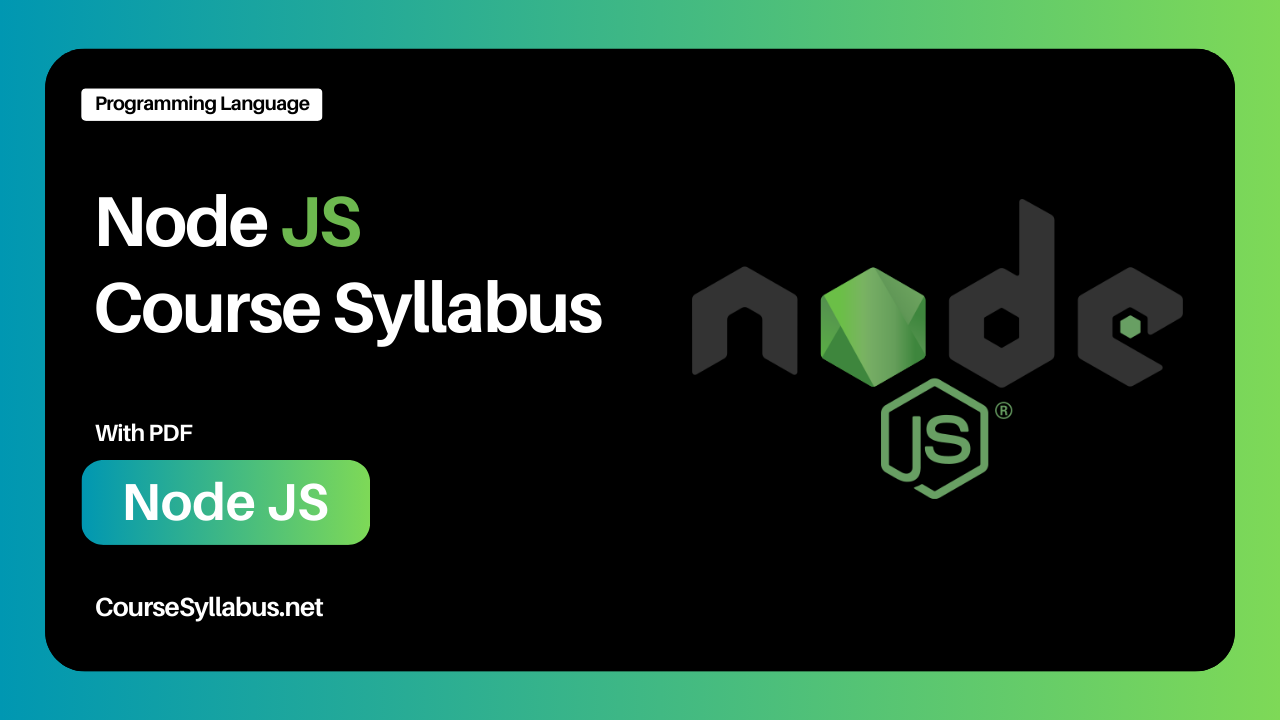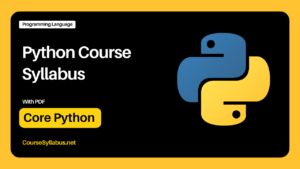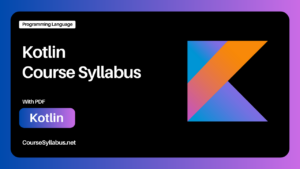Node.js is an open-source, server-side JavaScript runtime environment built on Chrome’s V8 JavaScript engine. It allows developers to run JavaScript code outside of a web browser, enabling the development of scalable and high-performance network applications. Node.js uses an event-driven, non-blocking I/O model, making it lightweight and efficient for handling concurrent connections.
One of the key features of Node.js is its asynchronous, event-driven architecture, which enables developers to handle large numbers of simultaneous connections without blocking the execution of other code. This makes Node.js well-suited for building real-time web applications, APIs, and microservices.
Node.js has a rich ecosystem of packages and libraries available through npm (Node Package Manager), which is one of the largest software registries in the world. Developers can easily install, manage, and share reusable code modules to accelerate development and extend the functionality of their applications.
Node JS Course Syllabus
Module 1: Introduction to Node.js
- Overview of Node.js and its architecture
- Installing Node.js and setting up the development environment
- Understanding asynchronous programming and event-driven architecture
- Basic Node.js concepts: modules, npm, package.json
Module 2: Node.js Fundamentals
- Working with modules in Node.js
- Handling asynchronous operations with callbacks
- Promises and async/await for managing asynchronous code
- File system operations in Node.js
- Error handling and debugging techniques
Module 3: Building Web Servers with Express.js
- Introduction to Express.js framework
- Creating and configuring a basic Express.js server
- Handling HTTP requests and responses
- Routing and middleware in Express.js
- Working with templates and views
Module 4: Data Storage with MongoDB
- Introduction to MongoDB and NoSQL databases
- Installing MongoDB and connecting to a Node.js application
- CRUD operations (Create, Read, Update, Delete) with MongoDB
- Data modeling and schema design in MongoDB
- Using Mongoose ODM for MongoDB
Module 5: RESTful API Development
- Principles of RESTful architecture
- Designing RESTful APIs with Express.js
- Implementing CRUD operations for resources
- Authentication and authorization using JWT (JSON Web Tokens)
- Testing RESTful APIs with tools like Postman
Module 6: Real-time Communication with Socket.IO
- Introduction to WebSocket and real-time communication
- Setting up Socket.IO server and client
- Broadcasting events and handling messages in real-time
- Building real-time features like chat applications
Module 7: Deployment and Scaling
- Deploying Node.js applications to cloud platforms like Heroku or AWS
- Containerization with Docker for Node.js applications
- Load balancing and scaling Node.js applications
- Monitoring and logging for Node.js applications
Module 8: Security Best Practices
- Common security threats in web applications
- Implementing security measures such as input validation and sanitization
- Protecting against common vulnerabilities like SQL injection and Cross-Site Scripting (XSS)
- Using HTTPS and secure authentication practices
Module 9: Testing and Quality Assurance
- Writing unit tests and integration tests for Node.js applications
- Test-driven development (TDD) principles
- Tools and frameworks for testing Node.js applications
- Continuous integration and continuous deployment (CI/CD) pipelines
Module 10: Advanced Topics and Future Trends
- Exploring advanced Node.js features like streams and clusters
- Serverless architecture with Node.js and AWS Lambda
- GraphQL for API development
- Emerging trends and best practices in the Node.js ecosystem
Node JS Learning Resources
There are many resources available for learning Node JS ranging from online tutorials and courses to books and interactive platforms. Here are some popular options:
Node JS Key Points and Features
Asynchronous & Event-Driven: Node.js excels in handling multiple tasks concurrently through its asynchronous and event-driven nature, ensuring efficient execution without blocking operations.
JavaScript Runtime: Leveraging JavaScript as its runtime environment, Node.js allows for seamless development, enabling developers to utilize the same language for both frontend and backend tasks.
V8 JavaScript Engine: Powered by the renowned V8 JavaScript engine, Node.js delivers exceptional performance, executing code swiftly and effectively.
NPM (Node Package Manager): Node.js comes bundled with NPM, the Node Package Manager, which boasts an extensive repository of modules, facilitating easy module management and code reuse.
Single-Threaded Architecture: Node.js adopts a single-threaded architecture that adeptly manages I/O operations, making it ideal for handling concurrent tasks efficiently.
Cross-Platform Compatibility: Node.js offers seamless compatibility across various operating systems, ensuring consistent performance and behavior regardless of the deployment environment.
Scalability: With its ability to scale horizontally, Node.js effortlessly accommodates growing workloads, making it a preferred choice for applications requiring scalability and flexibility.
Community Support: Node.js benefits from a vibrant and supportive community, providing valuable resources, guidance, and assistance to developers worldwide.
Streaming Data Processing: Node.js is well-suited for processing large datasets and real-time streams efficiently, thanks to its support for streaming data processing.
Career Opportunities for Node JS
- Full-Stack Developer: Node.js proficiency allows you to work on both frontend and backend development, making you a valuable asset as a full-stack developer.
- Backend Developer: Specialize in backend development, building scalable and efficient server-side applications using Node.js.
- DevOps Engineer: Utilize Node.js for tasks such as automation, scripting, and building deployment pipelines in a DevOps role.
- API Developer: Develop robust and efficient APIs using Node.js to facilitate communication between different software systems and services.
- Microservices Developer: Architect and develop microservices-based applications using Node.js, leveraging its scalability and modularity.
- Real-Time Applications Developer: Build real-time applications such as chat applications, collaborative tools, and gaming platforms using Node.js and WebSocket technology.
- Cloud Engineer: Use Node.js for developing cloud-native applications and serverless functions on cloud platforms like AWS, Azure, and Google Cloud Platform.
- Technical Consultant: Provide consulting services to companies adopting Node.js, offering expertise in architecture design, performance optimization, and best practices.
- Freelance Developer: Work independently as a freelance developer, offering Node.js development services to clients across various industries and projects.
- Entrepreneurship: Start your own tech startup, leveraging Node.js to build innovative products and services in areas like e-commerce, social networking, and SaaS solutions.
- Education and Training: Teach Node.js to aspiring developers through online courses, workshops, or as a trainer at educational institutions, helping to nurture the next generation of Node.js developers.
- Technical Writer: Share your knowledge and expertise in Node.js by writing tutorials, blog posts, documentation, or books, contributing to the Node.js community and ecosystem.
Conclusion:
Node.js presents diverse career prospects across development, cloud computing, and entrepreneurship. With its scalability and vibrant community, Node.js offers a dynamic pathway to success in the tech industry.




